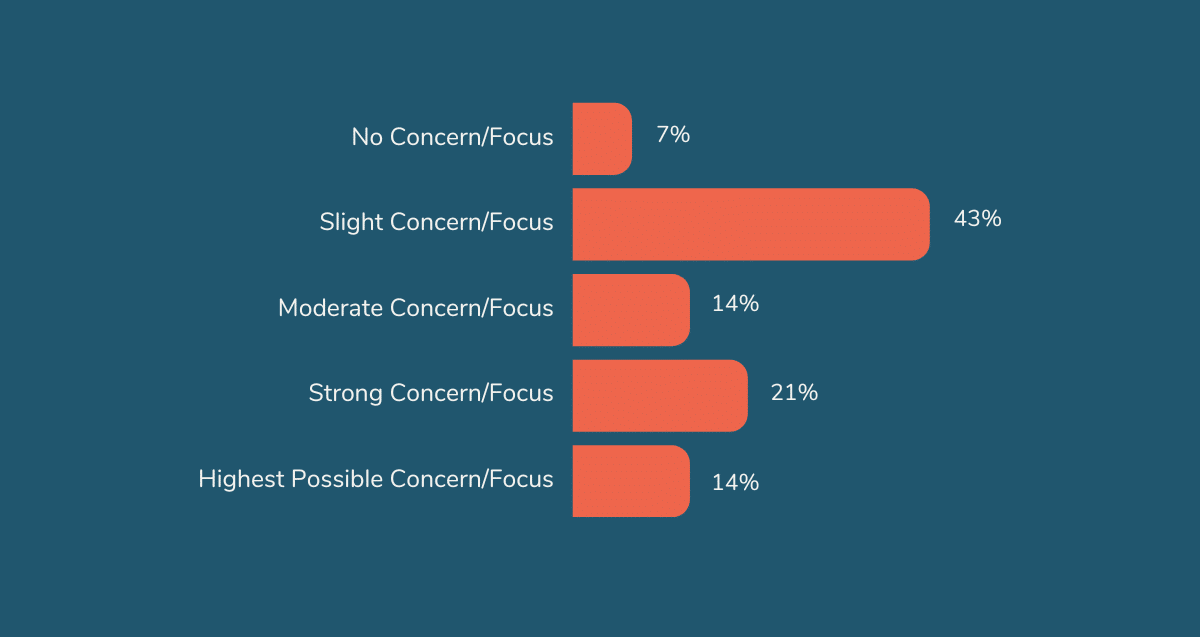Canada Needs to Transition: But the Workforce Needs Upskilling
As the world grapples with the urgent need to address climate change and reduce greenhouse gas emissions, the transition to a sustainable, low-carbon future has become a global priority. As Canada strives to mitigate the impacts of climate change, upskilling (learning opportunities that allow for career expansion and advancement through new skills and competencies) has presented itself as a critical piece of a successful and resilient transition.
Canada has already taken important steps toward addressing the impacts of climate change by setting targets for sustainable technology advancement and greenhouse gas emissions reductions, along with the newly released Sustainable Jobs Plan. With these new goals come new regulations, policies, and technologies that place a demand on Canada’s workforce to acquire new skills and competencies to lead climate action. All industries will need to consider how to adapt their day-to-day practices, supply chains, and business models for Canada to meet our climate targets and remain competitive globally. Leaders and workers alike will need support to adapt to these changes in their existing roles or transition into new roles with ease through upskilling pathways.
The Upskilling for Canada’s Climate Transition research project is a collaboration between the Academy for Sustainable Innovation and Royal Roads University’s Resilience by Design Lab, and is funded by the Government of Canada’s Future Skills Centre. Through this initiative we are exploring what it would take to mobilize a collaborative, pan-Canadian effort to rapidly upskill the workforce for climate action leadership. We are aiming to better understand:
- Who plays a role in building climate action upskilling pathways?
- What considerations are needed for recognition of these new skills, through credentials, credit transferability, and recognition of prior learning?
- How can we get private industry, governments, academic institutions, and NGOs/NPOs to work together on advancing climate action competencies and leverage their respective areas of expertise?
As we explore these questions, we’ve looked to our networks of practitioners and experts to learn what’s next to address upskilling for climate action in Canada.
Presenting Current Findings at CAUCE 2023
To share what we have learned to date in this initiative, and to hear from people working in continuing education and lifelong learning, our team was selected to present at the 2023 Canadian Association for University Continuing Education (CAUCE) Conference. The conference, held in Winnipeg on May 17-19, was themed “Building our Future: Leading the Way for Lifelong Learning.” This theme is linked closely to the concept of upskilling, as we explore the ways that people can build their knowledge and skills throughout their careers and lifetime to remain adaptable to new industries, new roles, and new contexts in the face of a changing climate.
Project members Tamara Connell, Dr. Robin Cox, and Vivian Forssman presented the preliminary results from our research, and held space to learn from audience members how they were responding to climate-related workforce development. If you’re interested to learn more about the presentation, our slides are made available here.
Learning from Participants: How Might We Collaborate for Climate Action Upskilling?
During this session, we asked participants about their level of concern or focus on climate action-related education and training. It was interesting, and perhaps somewhat alarming, how few respondents reported that climate change-related education and training was a priority focus for them or their institutions. As is evident in the results below, only 35% of those present reported that this was a strong or the highest area of concern within their current scope:
To what degree do you perceive education training for climate action as an area of concern/focus within your scope of work?

While climate action may not be the first priority for all of the session attendees, it was still on their radars. We inquired about what specific actions, if any, they were taking to address climate change within their sphere of work. Examples included the following:
- Improving operational sustainability, such as lighting, energy, and other office improvements, as well as remote-work strategies;
- Hiring a sustainability expert to the faculty;
- Looking for opportunities to incorporate sustainability/climate action components into existing curriculum;
- Exploring opportunities to collaborate with, partner with, and support local organizations in their climate action efforts;
- Researching and exploring opportunities for climate action in programming/training, including assessing new programming feasibility and desirability as well as internally-focussed climate literacy training;
- Engaging with environmental sector councils and other industries; and
- Creating new stackable micro-certificates in climate action.
Project Team Reflections on CAUCE 2023
During the week of CAUCE 2023 in Winnipeg, wildfire smoke from fires burning in northern Alberta blanketed many Canadian provinces, resulting in a week of observing climate change impacts “in real time” across the country. Given the ongoing climate emergency, we were struck with the results of our poll in the session we facilitated.
This polling exercise captured a response similar to what recent research by Re.Climate at Carleton University has uncovered – that Canadians’ levels of concern about climate change “don’t automatically translate into a social mandate for more aggressive action. Almost half of the Canadian public are worried but don’t really understand climate change or what needs to be done about it” (see What do Canadians Really Think About Climate Change 2021). Recent follow-up public opinion research (2023), undertaken by Chris Hatch for Re.Climate affirms that demand for climate action is lower than concern about climate change.
Regardless of the reasoning behind our polling results, we can see that there is an opportunity for continuing education in Canada to get serious about making climate action a priority. This may require educating-the-educators to highlight the need for universities and colleges to step more fully into the space of climate change-related upskilling, and to understand both the impact and opportunity by doing so.
Our team is aware of several universities currently integrating climate action courses and micro-credentials into their continuing education programming. In fact, through our research we have already identified more than 70 unique climate action-related, short-duration learning opportunities offered by Canadian universities, colleges, and other service providers. There’s room for that figure to grow and for post-secondary institutions to incorporate climate change related training into their programs at a larger scale.
We have been exploring the role of “fast learning,” that is, shorter courses and programming than a multi-year degree program, to prepare Canadians to take on these challenges, using the term ‘micro-credential’ to describe this kind of short programming offered through Canadian universities and colleges. Micro-credentials can provide learners with short, less expensive, and competency-informed learning and training, making them a great learning vehicle for climate action upskilling. This holds true for technical and trades-related training focused in areas such as the green-energy transition (e.g., EV vehicle mechanics, battery design and development, solar and wind, etc.), green and adaptive building design and construction, and climate-informed risk and resilience assessments and planning.
We believe that micro-credentials also offer an opportunity to upskill roles related more directly to climate action leadership, which can be distinguished from more technical or trades-based work. In order to steer organizations through the transition to a sustainable future, leaders will need to build or expand on competencies that support facilitating complex stakeholder conversations and collaborations, inspiring behavioral change across an organization’s workforce and supply chain, and integrating new regulations, policies or approaches into various professional practices.
With Canada’s many regional differences from economic contexts to political and public discourses, there have been a wide array of responses to climate action work by continuing education departments across Canadian post-secondary institutions. We’ve also heard a variety of opinions about whether a national approach to Climate Action Leadership is plausible or even desirable. Might regional or provincial/territorial approaches be able to move more quickly? And how do large companies who operate across Canada engage with upskilling options in a manner that supports their business strategy as well as their employees across the country?
The challenge is complex, but rapid upskilling pathways like micro-credentials could provide one avenue to get the Canadian workforce and Canadian leaders prepared to make meaningful change. Our climate is changing and with that comes impacts that don’t discriminate on region, sector, or industry. We need Canadian post-secondary institutions, with the help of collaborations and partnerships, to equip the workforce with the skills and competencies necessary to weave climate action into every job in the country.
What’s Next for the Upskilling for Canada’s Climate Transition Project?
Our project wraps up this autumn, and our team is hard at work summarizing what we’ve learned from interviewing leaders across Canada in various sectors and industries, as well as our survey shared to a broader audience. We’ll be capturing these learnings in a summary report and sharing it with our audience – stay tuned later this year to find out what we’ve learned!


